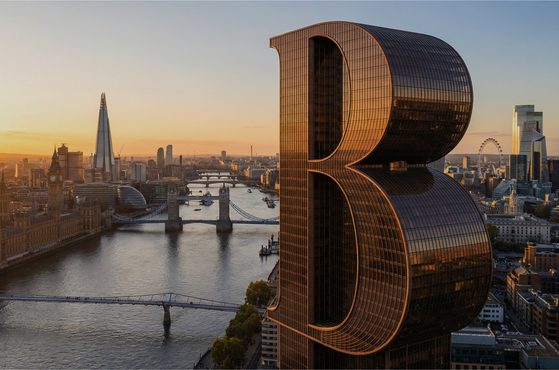Brabners secures favourable policy construction judgment for Acasta

Our award-winning litigation team has secured a High Court judgment in favour of Acasta European Insurance Company Limited.
Read more
We make the difference. Talk to us: 0333 004 4488 | hello@brabners.com
A statutory demand is a written demand that a creditor may serve on an individual or company where there is an outstanding debt. It is not a court document and does not start court proceedings, but it is important that the correct demand is used. The demand should show how the debt has arisen and — if there is any interest claimed — how this has been calculated.
Whether you are an individual or a business owner, your financial standing is of great importance and can be affected detrimentally when things go wrong. Increasing prices and bills, as well as reducing profit margins, are naturally a worry for many in the current climate, which carries an increased risk of falling into debt.
There are strict protocols that creditors should follow when trying to recover the payment of unpaid bills and costs. It may be that some alleged debts are disputed and if so — where an agreement cannot be reached between the creditor and the debtor — this may result in a claim being brought to recover the alleged debt.
A statutory demand can be used where there is an undisputed debt. If the debtor is an individual, then the value of the debt must be at least £5,000. If the debtor is a company, then the value needs only to be at least £750.
A statutory demand should only be served on a debtor where the debt is not disputed. Sometimes, if a debtor has been unresponsive to any previous requests for payment, serving a statutory demand may result in the debtor responding and raising a dispute that the creditor was unaware of.
In this instance, the parties can then look to resolve the dispute. A dispute may mean that the demand needs to be withdrawn. If the dispute cannot be resolved, it may be necessary to ask the courts to intervene.
Once a statutory demand has been served, it is important to act quickly — the debtor is required to make the payment within 21 days. Failure to do so may result in the non-payment being used as evidence to support a bankruptcy petition (for an individual) or winding-up petition (for a company).
To try and avoid bankruptcy or insolvency, communicating with the creditor at an early stage is key.
Our litigation team understands that the risk of bankruptcy or insolvency can be a stressful and worrying time. In a recent case, our team was pleased to secure the withdrawal of a disputed statutory demand for a client by setting out to the creditor why the monies being claimed were not in fact due.
It is important to act quickly if you or your company are served with a statutory demand. If you do not dispute the debt but are unable to pay it immediately, our team is on-hand to help you negotiate a repayment plan. If the debt is disputed (whether fully or in-part), our team can advise you on your options and provide a considered way forward, enabling you to make a fully informed decision.
Get in touch with me at suzi.gardener@brabners.com or 0161 836 8935, or our Head of Litigation and Regulatory Jeff Lewis at jeff.lewis@brabners.com or 0161 836 8872, to find out more.

Our award-winning litigation team has secured a High Court judgment in favour of Acasta European Insurance Company Limited.
Read more

We’re delighted to announce the opening of a new office in London, marking a major milestone at the end of a year defined by strong financial performance.
Read more

We explore the types of claims that PR firms can face when an initial complaint escalates and outline some practical steps to manage the risks.
Read more